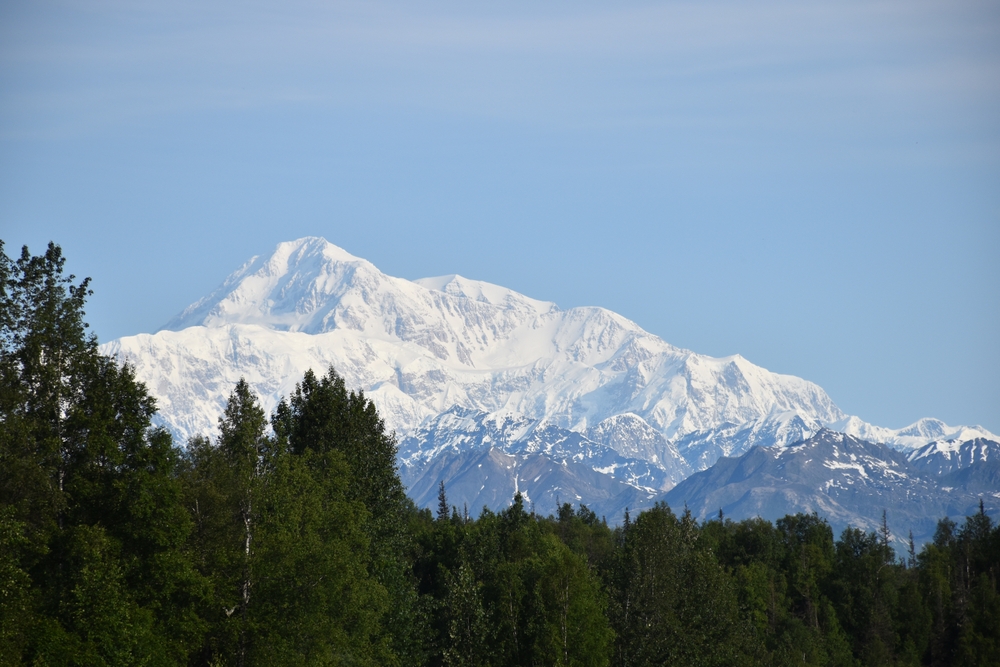The mountain’s naming history is as tall as the peak itself.
Others are reading now
The names of landmarks can spark passionate debates, and mountains often hold particular significance.
Denali, North America’s tallest peak, stands as an icon of Alaska’s natural beauty and cultural heritage.
But its name has been a point of contention for decades, pitting local traditions against political history.
Now, the dispute may reignite under Donald Trump’s presidency, according to Hotnews.
Also read
Debating the Name for Decades
Trump recently announced plans to reverse a 2015 decision by former President Barack Obama that restored the mountain’s Indigenous name, Denali, which means “the high one” in the Athabascan language.
Trump pledged to rename it Mount McKinley, in honor of the 25th U.S. president, William McKinley, who was assassinated in 1901.
Speaking at a rally in Phoenix, Trump called McKinley a “great president” and said his administration would restore the name as a tribute.
The mountain’s naming history is as tall as the peak itself, which rises 20,310 feet above sea level.
In 1896, a gold prospector named it after McKinley, then a presidential candidate known for supporting the gold standard. But for thousands of years before that, Alaska Natives called it Denali.
Alaska officially adopted the name Denali in 1975 and pushed for the federal government to do the same.
Their efforts were blocked for decades by Ohio lawmakers who wanted the name to honor McKinley, an Ohio native. Finally, in 2015, Obama signed an order aligning the federal name with Alaska’s.
Trump’s proposal has drawn mixed reactions. Senator Lisa Murkowski of Alaska strongly opposes the move.
“There is only one name worthy of the tallest mountain in North America: Denali – the Great,” she stated.
McKinley, who never visited Alaska or its iconic peak, led the nation during the Spanish-American War and championed high tariffs to protect U.S. industry.
But for many in Alaska, the mountain is less about politics and more about preserving Indigenous heritage.


